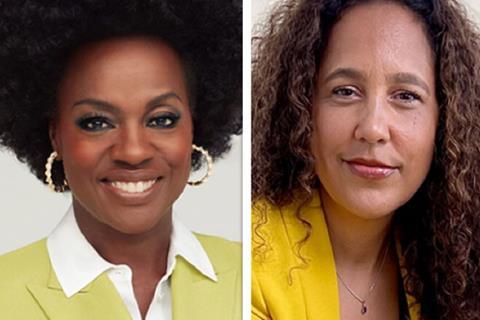
Viola Davis and director Gina Prince-Bythewood, the formidable forces behind TIFF world premiere The Woman King, have opened up in an on-stage festival discussion about their personal battles for success as Black artists.
The audience at Saturday’s (September 10) In Conversation With… session at TIFF Bell Lightbox heard how despite Davis’s talent, the Juilliard School graduate and eventual first African-American to achieve the “triple crown of acting” – Oscar, Emmy and Tony awards – wasn’t immune to rejection based on her gender and race.
“It was very difficult to navigate my way as an actress because people put so many stamps on you,” Davis said. ”When you walk into an audition room, I could not tell you how many people said you’re not black enough, you don’t sound Black, you’re too dark-skinned, you’re not attractive enough, this is a prototypical Black.
“And then white people would say you’re too black to be like the classical actress. So then you try to disappear, to become the proper white actress.”
‘I never got to see myself reflected anywhere’
The same applies to Prince-Bythewood, who broke out with her 2000 debut Love & Basketball and directed Davis in TIFF world premiere The Woman King – the historical action-drama about Agojie female warriors in the 1800s who defended the West African Kingdom of Dahomey.
Prince-Bythewood noted how the notion of representation was one of her main inspirations in becoming a filmmaker – and in particular the lack of representation of Black girls and women. “I grew up in an all-white area,” she said, “so I never got to see myself reflected anywhere, certainly not in TV or film.”
When the director was 17 she saw a trailer for She’s Gotta Have It and said she saw herself in the lead role of Nola Darling. “Not that character specifically,” she joked, “but her blackness. And I’ve never forgotten that feeling. I told myself I want to do that. I want to give others that feeling as well.”
Prince-Bythewood set about planning her first feature Love & Basketball, which she likened to the Black equivalent of When Harry Met Sally. However the filmmaker revealed that “there were crickets” when she tried to get the film made. “Every single studio, every single production company turned it down. I had a list on my fridge and every day I was crossing it out and the last one was Jodie Foster’s studio [Egg Pictures] and it was devastating.
“Miraculously, two days after the last cross-off, Sundance called about the script and wanted to come and meet and it was transformative. They put on a reading and Spike Lee’s company was there and that was my lifeline.” Lee’s 40 Acres & A Mule produced the romantic sports drama, which premiered in Park City in January 2000 and was eventually distributed in the US by New Line.
Overcoming the imposter syndrome
Davis shared that she “overcame the imposter syndrome” by embracing unapologetic self-belief. “I tell the six-year-old Viola, who was really tough and who used foul language but was really smart in school, ‘I’m not a stereotype; no-one is’. I tell Viola that who and what she is is enough.”
Davis’s self-doubt as a result of prejudice was echoed by Prince-Bythewood. Beyond The Lights, the director’s 2014 romance, took three years and 55 drafts until it was ready. She shared how “soul-crushing it was to try and sell your script to a room full of white men and get no after no after no”.
Prince-Bythewood continued, “All my stuff is personal, so what I was being told is no-one cared about my story and no-one cared about this Black girl’s story. To be told, ‘Okay it’s a love story but can you cast the guy white?’ It’s just a constant fight, but there’s so few of us and if I’m not in the fight and V [Davis] isn’t in the fight these things would not get made.”
Reflecting on the duo’s fight for success in Hollywood, session host Kathleen Newman-Bremang said that the Hollywood industry “would look a lot less free without the both of you”.
Davis responded, “I was told once at a party, ‘Success is not the ceiling, Viola – it’s significance, that’s the ceiling’. Making your life matter; it’s got to be about more than just you. And so how else do you live? How else do you roll into the grave if you’re not freeing someone else?”





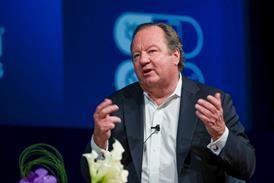
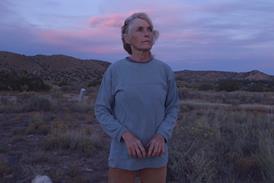
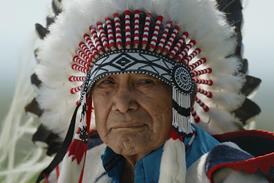




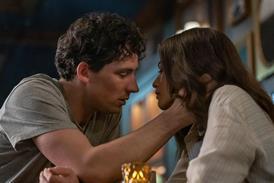












No comments yet